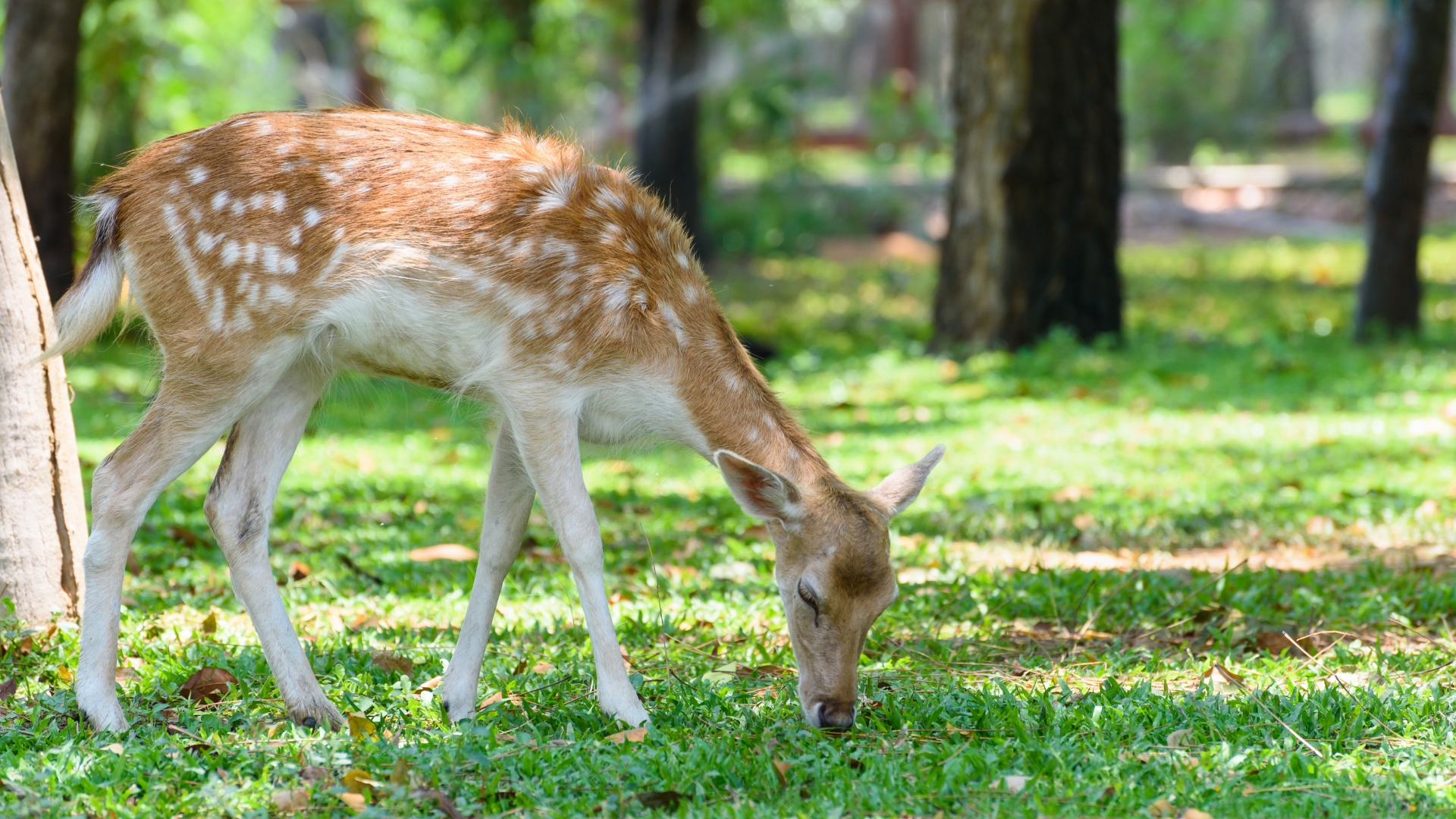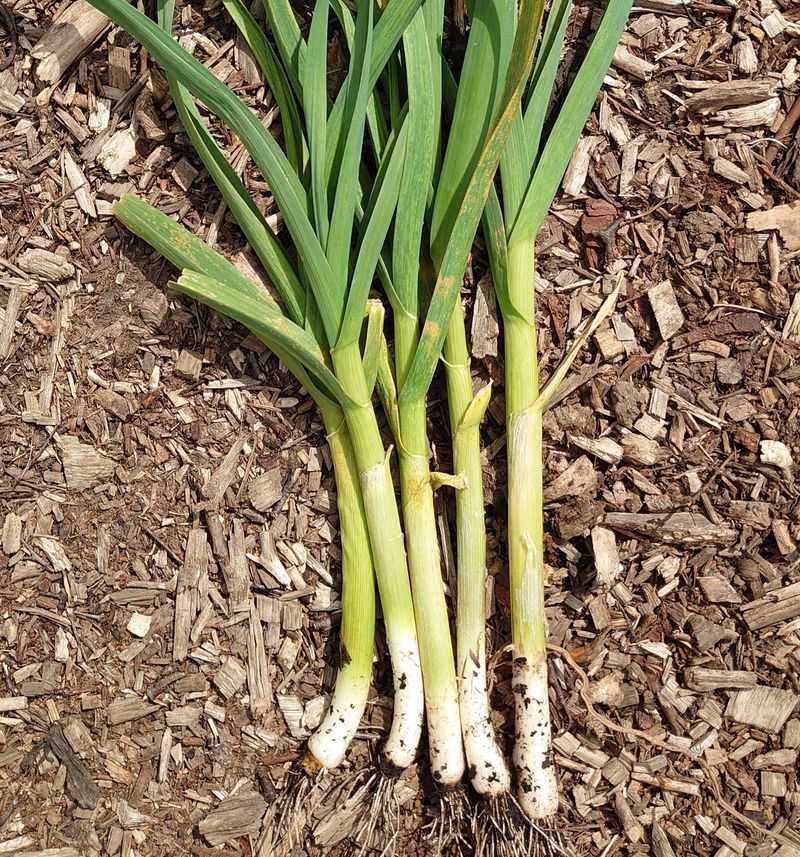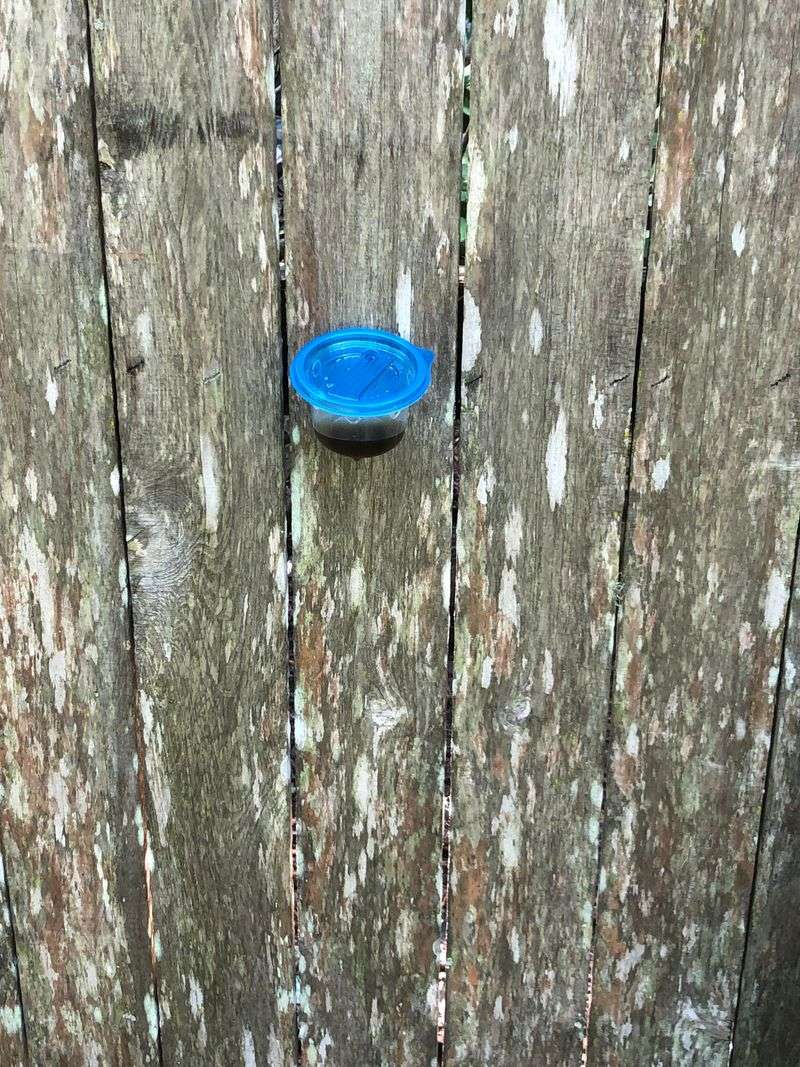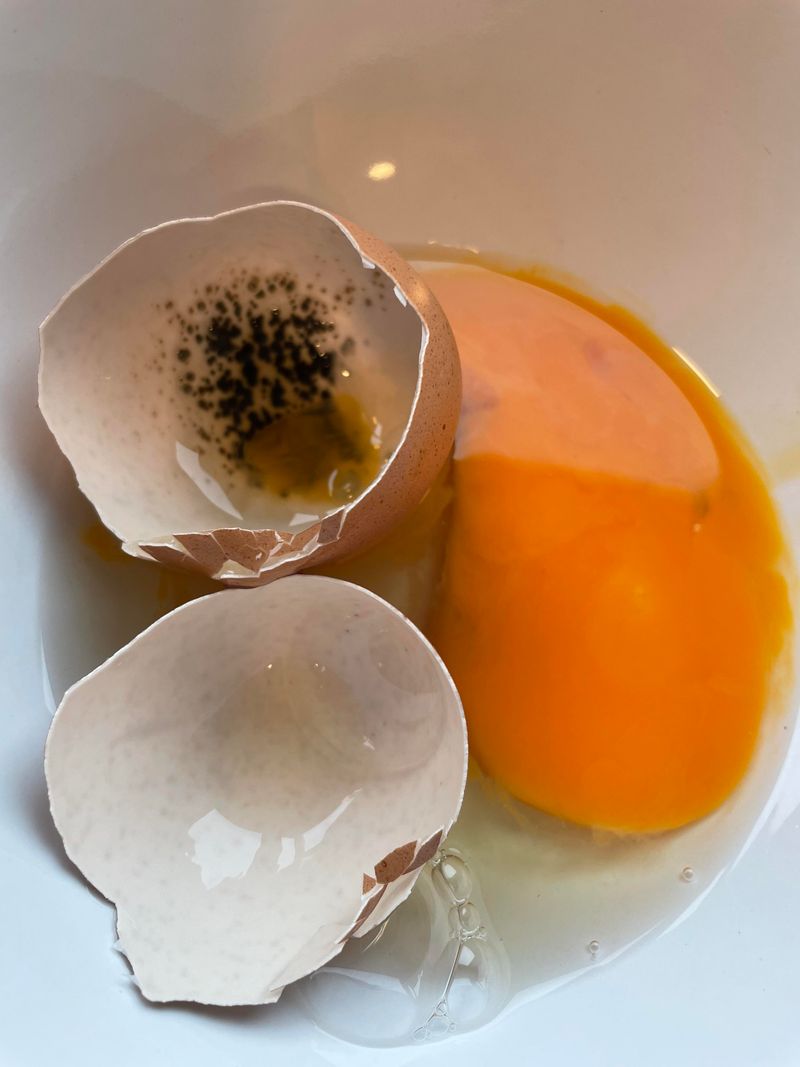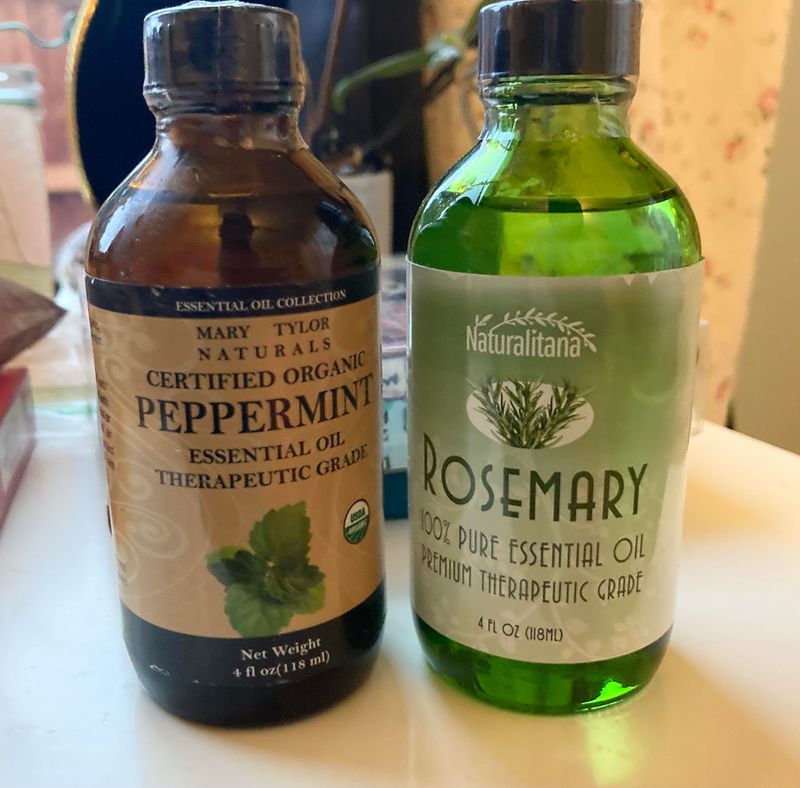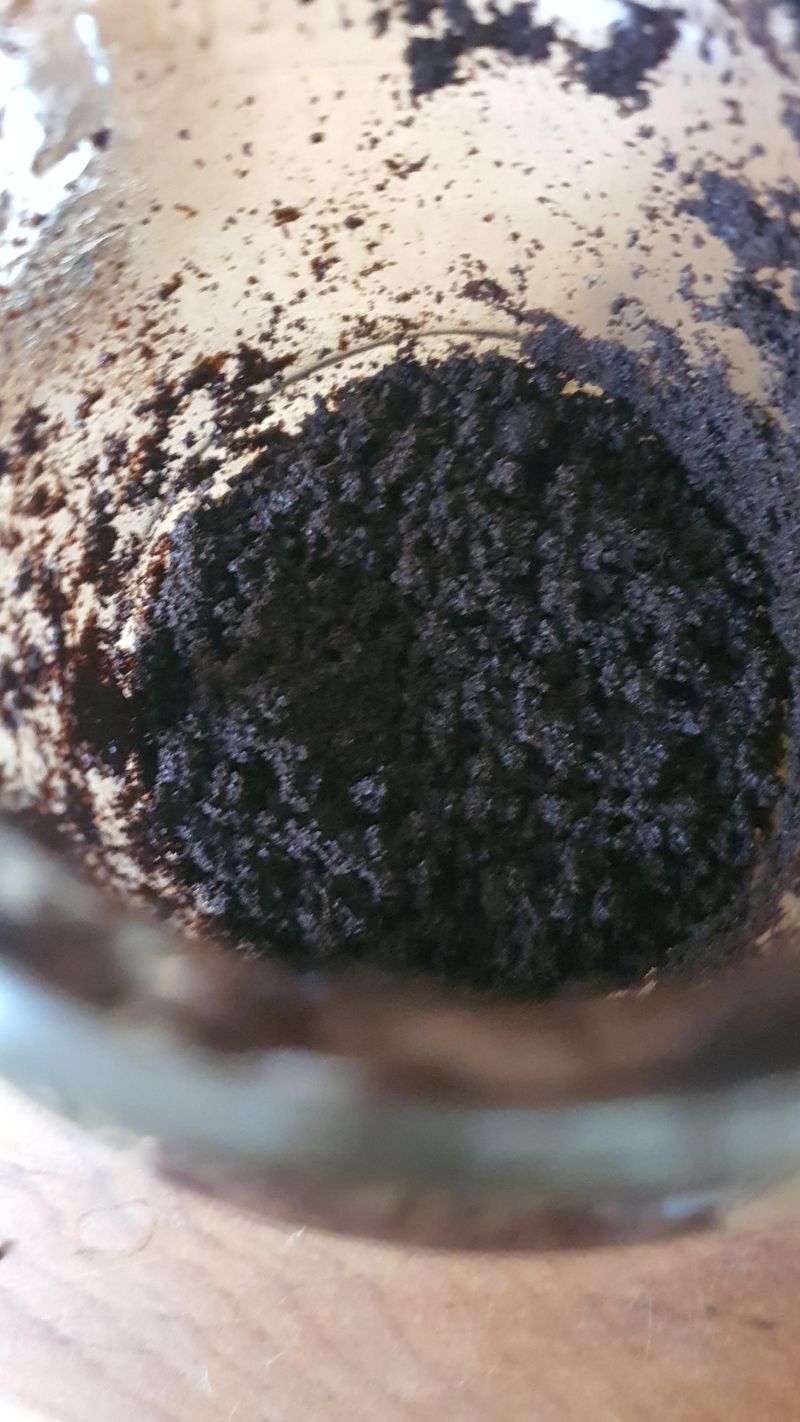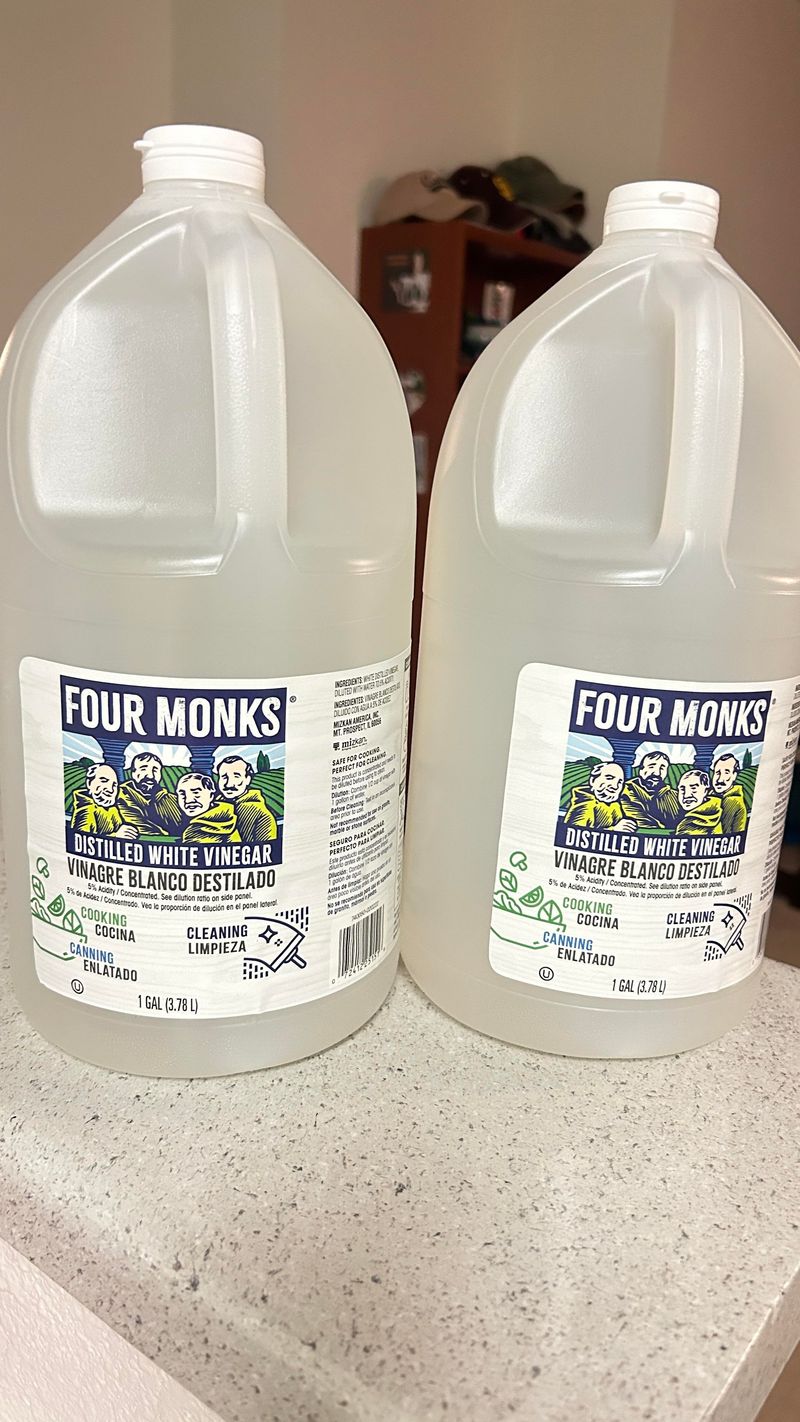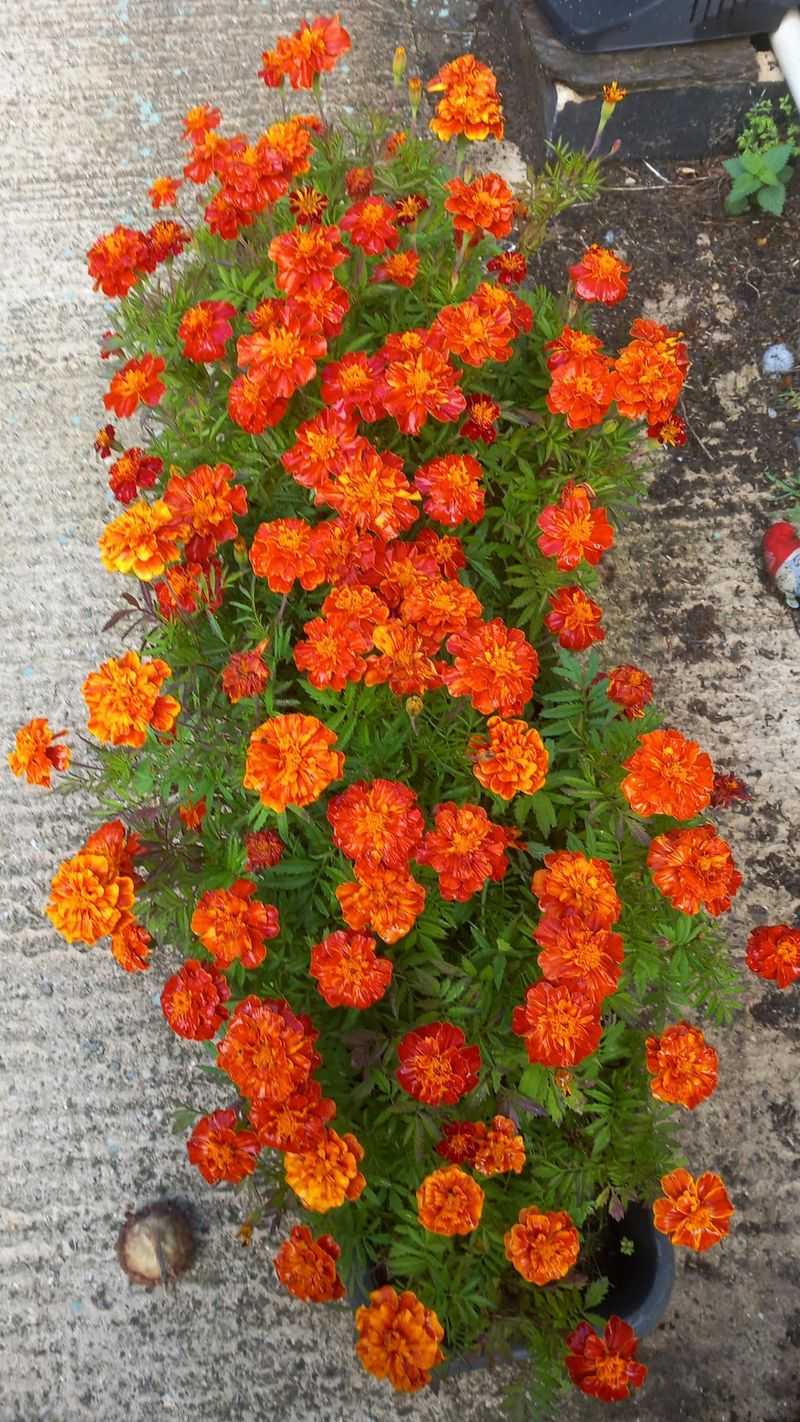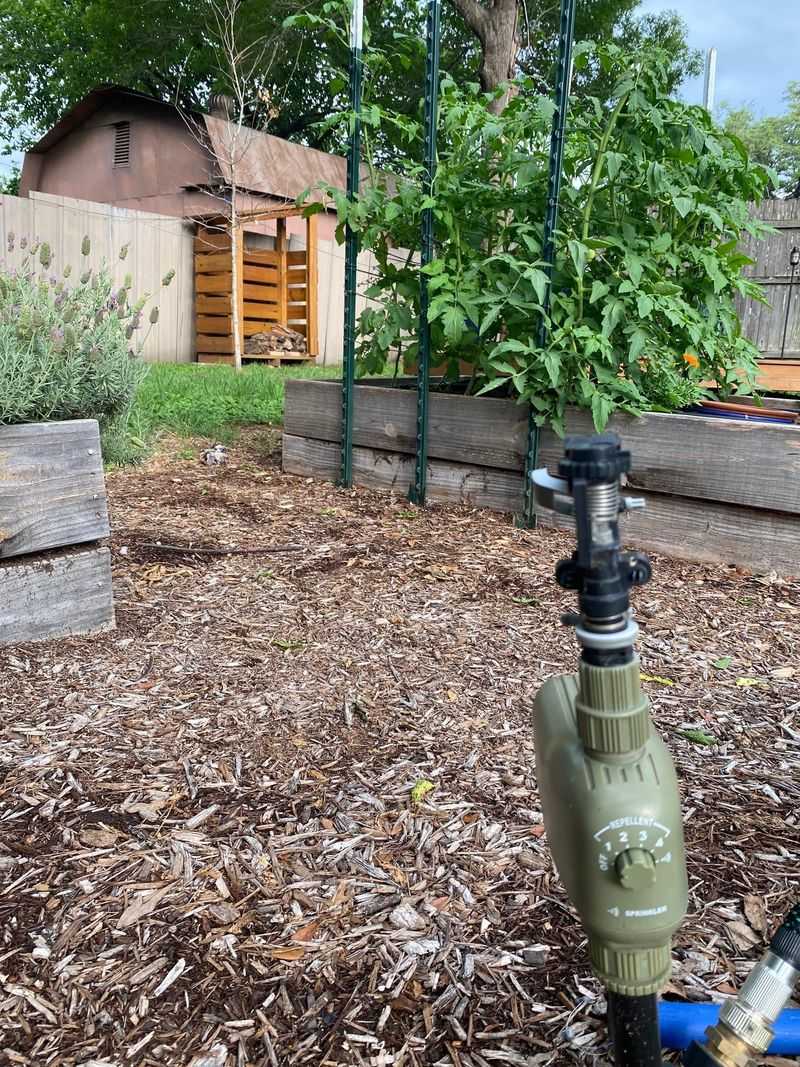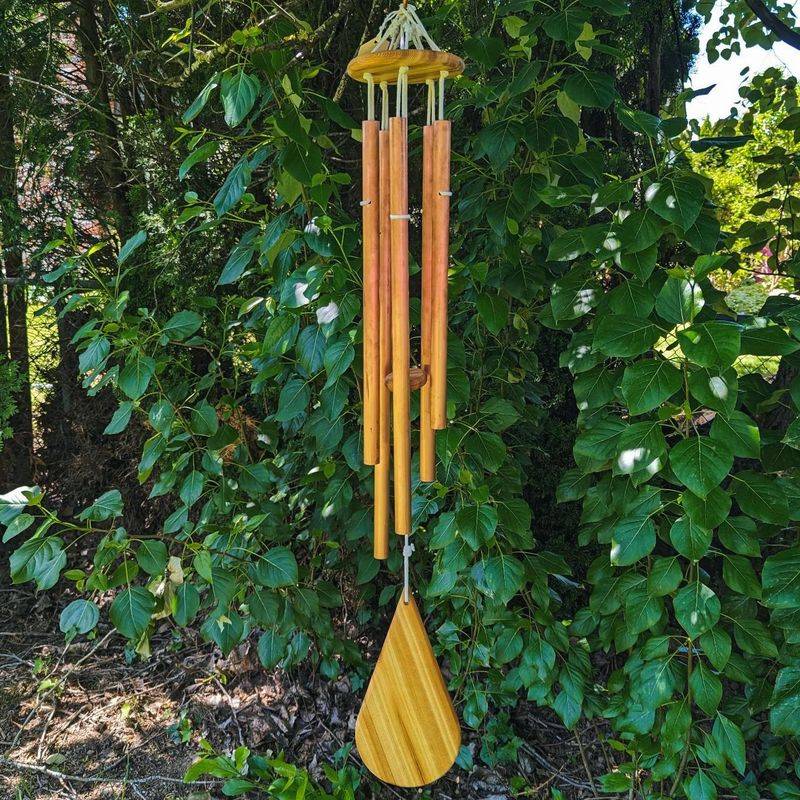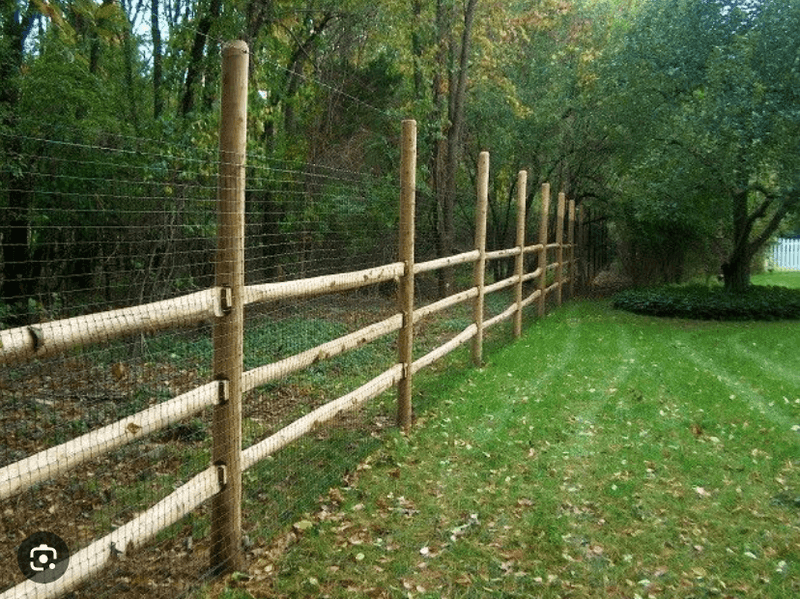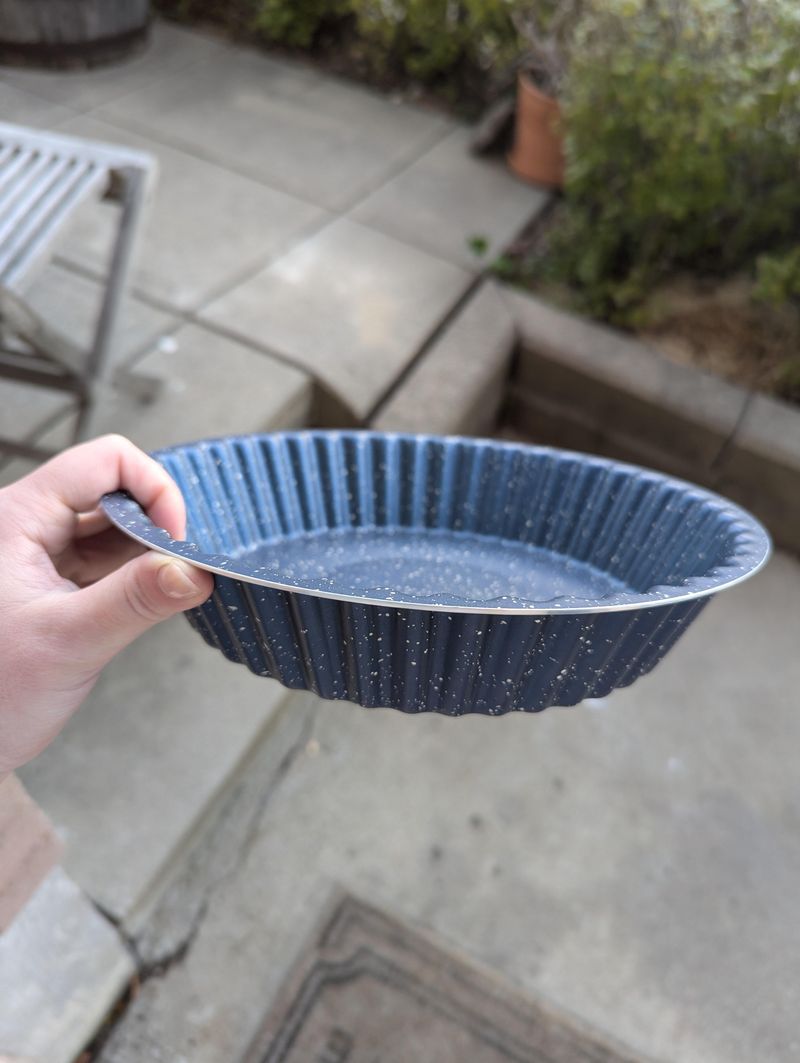Deer might look sweet and innocent, but once they discover your garden buffet, they don’t hold back. I used to wonder who was nibbling my flowers until I caught one in the act—busted with petals hanging from its mouth.
The good news is, there are some smells that send them running. I’ve tried everything from homemade sprays to planting what they hate, and some tricks actually work.
If you’re tired of playing tug-of-war with deer, you’ll want to keep reading.
1. Garlic
Nothing sends deer scampering away faster than the pungent aroma of garlic. The strong sulfur compounds that make your eyes water when chopping have the same repelling effect on deer’s sensitive noses.
Try crushing several cloves and placing them around your garden borders, or make a simple spray by soaking minced garlic in water overnight. The smell diminishes for humans after a day but remains detectable to deer for much longer.
2. Irish Spring Soap
That clean-smelling soap in your shower? Absolute deer kryptonite! The strong fragrance compounds in Irish Spring soap overwhelm deer’s sensitive olfactory system and create an invisible barrier they won’t cross.
Simply shave slivers from a bar and place them in small mesh bags hung from trees or garden stakes. Rain actually helps distribute the scent further as it dissolves the soap slightly, creating a longer-lasting perimeter that keeps deer at bay.
3. Predator Urine
Fear is a powerful deterrent, and nothing triggers a deer’s fight-or-flight response faster than the scent of predator urine. Commercial products containing coyote, fox, or wolf urine tap into deer’s natural survival instincts.
Apply these scents around your garden’s perimeter every few weeks or after heavy rain. Most products come in granular form or liquid concentrates that are easy to distribute. The smell might be unpleasant initially but fades quickly for humans while remaining potent to deer.
4. Rotten Eggs
The sulfurous smell of rotten eggs makes humans wrinkle their noses, but it makes deer turn tail and run. Many commercial deer repellents use this as their active ingredient because it’s so effective at triggering deer’s danger response.
You can make your own spray by blending one egg with a quart of water and letting it sit for a day. Strain and spray it on non-edible parts of plants. Reapply after rain or every couple of weeks for continued protection.
5. Essential Oils
Peppermint, eucalyptus, and clove oils pack a powerful punch against deer invasions. Their concentrated scents overwhelm deer’s sensitive noses and mask the appealing smell of your tasty garden plants.
Mix 20 drops of essential oil with 2 cups of water and a squirt of dish soap in a spray bottle. Apply to plants every few days or after rain. The bonus? Many of these oils also repel smaller garden pests while smelling pleasant to humans.
6. Human Hair
Your morning hairbrush cleanings can become a powerful deer deterrent! Human scent signals danger to wild deer, making them avoid areas where they detect our presence.
Collect hair from your brush or ask for sweepings from a local salon. Stuff small mesh bags or old nylon stockings with the hair and hang them around your garden every 3-5 feet. Replace the hair every few weeks as the scent diminishes, especially after rain.
7. Coffee Grounds
Your morning coffee ritual creates a perfect deer deterrent! Used coffee grounds emit a bitter smell that deer find particularly offensive, while simultaneously enriching your soil with nitrogen.
Simply sprinkle used grounds around plants deer typically target or create a barrier around garden beds. The grounds work best when still damp and fragrant. As they break down, they improve soil structure while continuing to repel deer with their bitter compounds.
8. Vinegar
The sharp, acidic smell of vinegar sends deer looking for lunch elsewhere. White vinegar or apple cider vinegar both work effectively to create a scent barrier around vulnerable plants.
Fill several small containers with vinegar and place them around your garden, refreshing weekly. For direct plant protection, mix one part vinegar with three parts water and a drop of dish soap, then spray on plant stems and surrounding soil. Avoid spraying directly on delicate blooms.
9. Lavender
While humans adore lavender’s calming fragrance, deer absolutely detest it! The concentrated essential oils in lavender overwhelm deer’s sensitive noses and mask the smell of tasty plants nearby.
Plant lavender borders around your garden or intersperse it between vulnerable plants. You can also make a potent spray by steeping lavender in boiling water, cooling, and adding a touch of dish soap. The purple blooms add beauty while creating an invisible protective barrier.
10. Marigolds
Bright and cheerful marigolds pull double duty in your garden by repelling deer with their distinctive smell while adding vibrant color. The pungent odor comes from natural compounds called terpenes that deer find particularly offensive.
Plant marigolds as borders around vegetable gardens or intersperse them throughout flower beds. French and African marigold varieties have the strongest scent. As an added benefit, their roots produce chemicals that deter nematodes and other soil pests.
11. Motion-Activated Sprinklers
Transform your garden into a surprise splash zone for unsuspecting deer! Motion-activated sprinklers detect movement and unleash a startling burst of water that sends deer bounding away without causing harm.
Position these devices at entry points to your garden for maximum effectiveness. The combination of sudden movement, spray, and noise creates a multi-sensory deterrent that deer quickly learn to avoid. Most models can be adjusted for sensitivity to prevent false triggers from smaller animals.
12. Wind Chimes
The unpredictable tinkling and clanging of wind chimes creates sound patterns that make deer nervous and hesitant to enter your garden space. These skittish creatures associate random noises with potential danger.
Hang several different types of chimes around your garden perimeter for the best effect. Metal chimes with deeper tones work particularly well. For maximum effectiveness, occasionally change their positions so deer don’t become accustomed to hearing them in the same location.
13. Fishing Line Fence
A nearly invisible barrier of fishing line creates a psychological fence that confuses and deters deer. When they bump into this unexpected obstacle they can’t easily see, it triggers their flight response.
String 30-pound test fishing line between stakes or trees at 12 and 30 inches high around your garden. The line should be taut but have slight give. Deer feel the strange resistance against their legs or chest but can’t identify what’s touching them, creating anxiety that drives them away.
14. Aluminum Pie Plates
Shiny, noisy, and constantly moving with the slightest breeze, aluminum pie plates create a triple-threat deer deterrent. The unpredictable flashing reflections and metallic sounds trigger deer’s innate wariness of unknown dangers.
Punch holes in several pie plates and hang them from strings around your garden perimeter. For best results, position them where sunlight will create maximum reflection and where wind will cause movement. The random flashing and clanking keeps deer on edge and reluctant to enter your garden.
15. Companion Planting
Strategic companion planting creates a natural fortress against hungry deer. Aromatic herbs like rosemary, thyme, and sage emit strong scents that mask the appealing smell of deer favorites like hostas or daylilies.
Plant these protective companions in a border around vulnerable plants or intersperse throughout garden beds. Ornamental alliums, with their strong onion-family scent, work similarly. This approach beautifies your garden while creating an invisible scent barrier that confuses deer’s sensitive noses.

